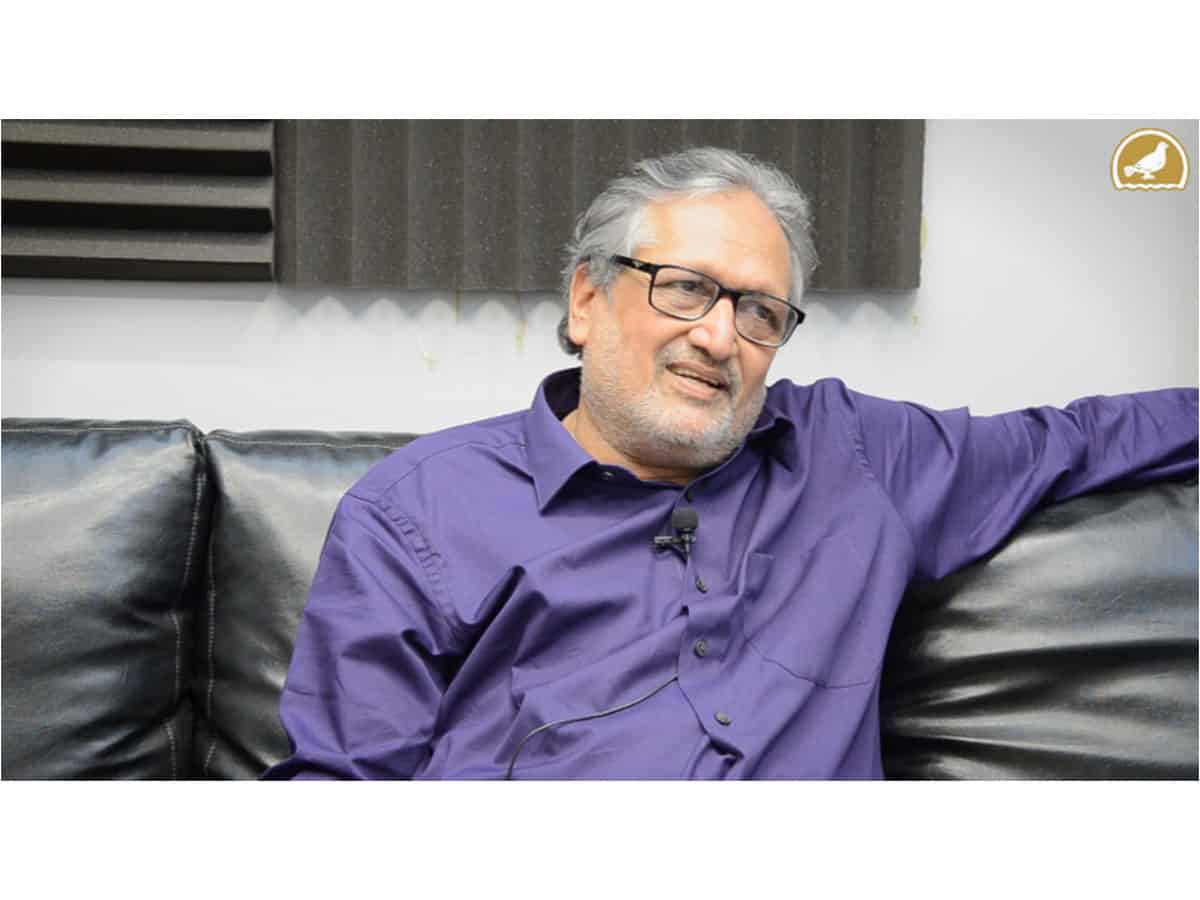Daneesh Majid
Arshad Pirzada whose original name is Syed Abdul Mutakabbir, believes that compared with the persons from North India there is preference for the workers from South India among the Saudi employers.
There could be a sound reason for this. The literacy rate among South Indians is better and also they are less aggressive, he pointed out.
May be this is because Hyderabadi Muslims are embedded in many political, economic and social power structures in the Kingdom. Alongside the elite some of whom have been senior doctors in the Royal Court, there exists in Saudi Arabia a large number Muslim middle and lower middle class people.
Back home, it wasn’t always a garden of roses for India’s largest minority in the capital of Telangana.
Much like the ruling Hindus in the erstwhile Princely State of Jammu and Kashmir, Muslims were prominent in administrative and governance of the Nizam-ruled Hyderabad.
The 1948 Police Action and the division of the state upon linguistic basis seven years later, rendered the Muslims of this city completely marginalized.
But by seventies, the fortunes of the Muslim minority community began to look up. First it was a wave of Muslims that went to Britain followed by some marking the U.S. as their destination. Then doors opened to the Gulf countries, especially the Kingdom of Saudi Arabia where petrol had started flowing in commercial quantities.
Arshad Pirzada is one such person who decided to rush to the Kingdom soon after finishing his graduation in 1976. Coming from a well-known family in Hyderabad that had produced well known literary figures, scientists, senior bureaucrats and Murshids (those who led Muslims in the religious and spiritual sojourns) it was not easy for him to work in the warehouse of huge company dealing in the sale of automotive parts. Though holding a degree, he had to begin from the lower ladder of employment hierarchy.
His first job was to find spare parts for the customers and then moving the arriving crates from one place to another. “That was a tough life with no fans and no air-conditioners,” he recalls.
Today, back home, he is one of the Directors of the Mount Mercy School in Tolichowki, which provides premier education to under-privileged children at nominal rates.
When he and his fellow Hyderabadis settled in different cities of the Kingdom, used to discuss the plight of Muslims back home. They realized how bad the Muslim are faring in education and the economy of the city and the country at large.
Pirzada has realized that if the Muslims have to come out of the social and economic morass they only viable way for them is to get educated.
Pirzada’s maternal grandfather was a Hyderabad Civil Service Officer who had studied under British Islamic scholar Marmaduke Pickthall. Incidentally, he is the same person who later came up with first English translation of the Holy Qur’an. This maternal grandfather’s father was a Peshi Secretary to Nizam VII, Mir Osman Ali Khan.
Plus, the paternal side of his family is from present-day Maharashtra who being from the priestly class enjoyed the patronage of Maratha rulers.
His maternal grandfather with whom he lived from his childhood suffered the fallout of the so-called Police Action. He was the Collector of Raichur district where hardly any communal riot transpired at the peak of carnage elsewhere in the Nizam’s State.
There was so much administrative pressure on him after the regime change that he decided to quit his job. That led to more economic sufferings. “I remember until the early 1970s intelligence officials used to visit our home in Nampally. For them it was a routine matter, but for my grandfather it was a perpetual torture. This unhidden suspicion on his character took a toll on his health,” he remembers.
In the meantime, his aunt’s husband who was already in Saudi Arabia sent Pirzada a visa for taking up some job.
“Five years later, I was promoted from Store Assistant to work as a counter-salesman. Then I was transferred to the Sales and Purchase department. Eventually, I got to work in other satellite towns in the Northern parts of the country,” he fondly remembers.
A few years before he left the Kingdom in 2005, he had seven branches under his supervision. Like the electronics industry, the automotive parts was a sector which was rapidly developing. As the country transitioned from the Camel to the Cadillac, people like Arshad Pirzada were helping usher in a new era for Hyderabadis back home.


